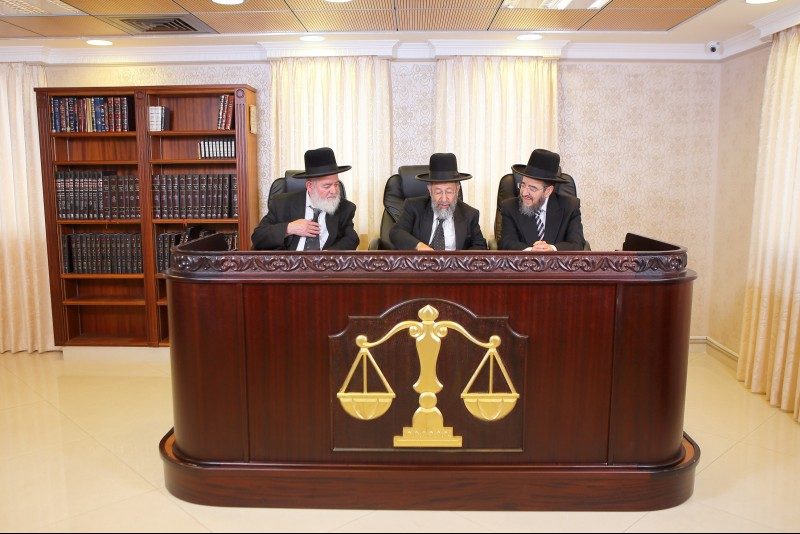The Torah permits people to accept upon themselves personal obligations and prohibitions. Once made, these vows (or oaths) must be kept. There are two commandments in the Torah making it obligatory to keep such vows. The Torah, however, also provided a way to release oneself from a vow. By going to a Beit Din, a court of three knowledgeable individuals, the vow can be annulled. The annulment takes place based on the decision of the court that the vow was made based on a false impression.
The prevalent custom is to convene a Beit Din after prayer services on the day before Rosh Hashanah, but, if it is forgotten or impossible for some reason, also during the days between Rosh HaShanah and Yom Kippur, to nullify any vows one may have made during the year. Though this Beit Din is not meant for any actual annulment of specific vows where a real competent halachic authority should be consulted, it nonetheless represents a means of repentance from the sin of having abused vows and a nullification of any future vows made unintentionally.
The three ‘judges’ sit while the petitioner seeking annulment stands before them and makes a formal request for nullification.



